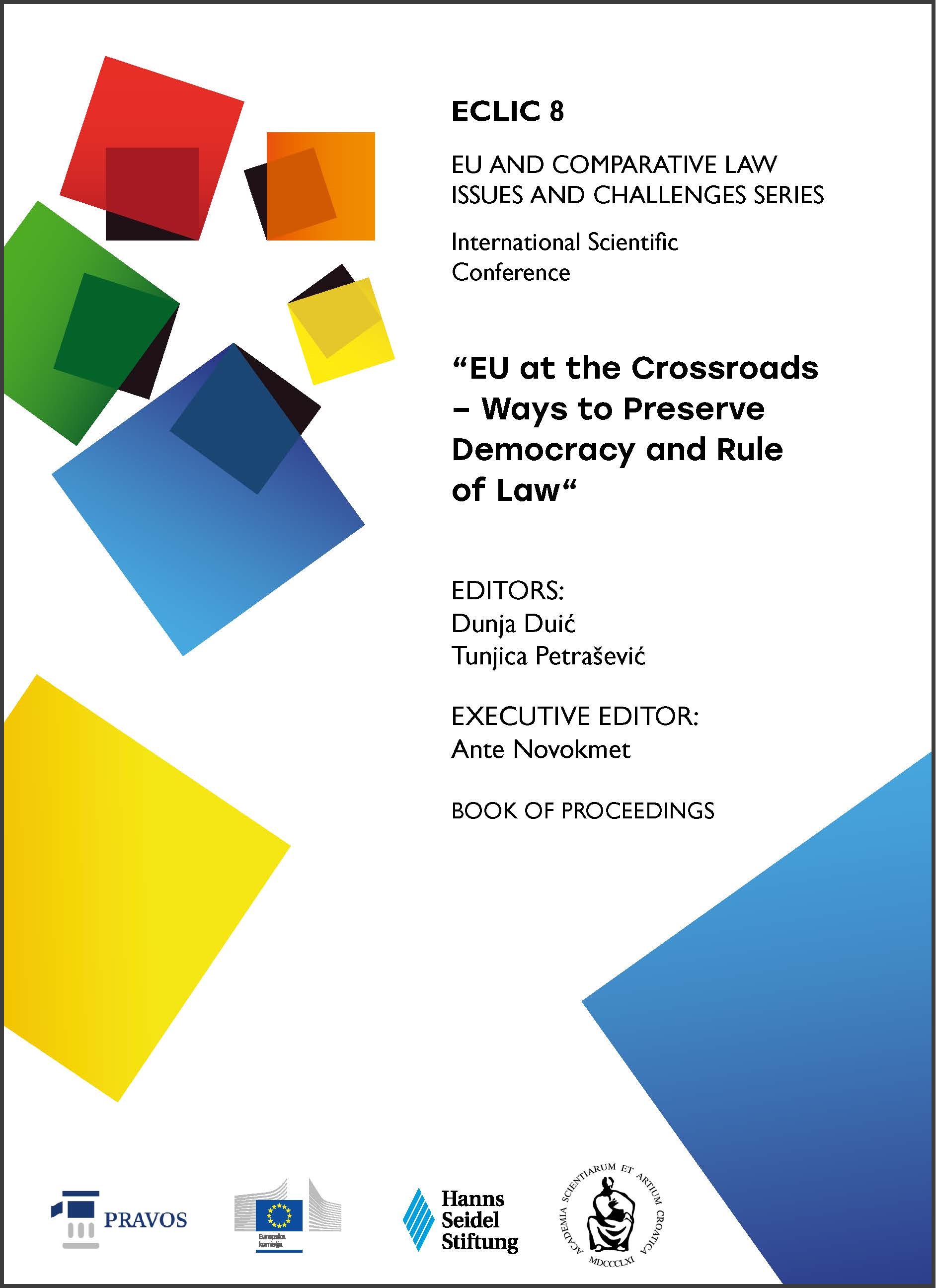HUMAN RIGHTS AS A VEHICLE FOR (BETTER) INTERNATIONAL PROTECTION OF THE ELDERLY
DOI:
https://doi.org/10.25234/eclic/32301Abstract
Despite the fact that 21st century's society has been defined as an „ageing society“, law has not yet responded adequatly to the needs of the „aging“ part of that same society. National legislators are often waiting for the „push“ from international community and national laws are still quite short with provisions aimed at the specific protection of the elderly. On the international level, apart from general human rights treaties and some soft law provisions on the right of older people, there is still no international convention which recognizes the specific rights of all older persons. There are different public and private international law instruments though, but they are diverse and either too general or too limited.
The Convention on International Protection of Adults (CIPA) and the Convention on the Rights of Persons with Disabilities (CRPD) as the most prominent ones both have their limitations. First and foremost, their personal scope of application is limited in a way that covers only the most vulnerable among the elderly. EU's Proposal for a Regulation on jurisdiction, applicable law, recognition and enforcement of measures and cooperation in matters relating to the protection of the adults complements the CIPA, thus it is also limited in its scope.
Having in mind that according to the World Social Report 2023 the shift towards older population is largely irreversible and by 2050 the number of persons aged 65 years or older is expected to be surpassing 1,6 billion, a question arises „is the existing legal framework the best we can offer for the protection of the elderly?“. Based on the protection offered to other underprivileged groups, it is obvious that the time has come that not only the vulnerable but all the elderly should be granted internationally recognized charter of rights instead of just general standards scattered throughout different international instruments.
Such charter of rights should establish specific standards related to the rights of elderly, complementary with the existing general standards. It should also include an effective mechanism of enforcement of those rights. This will create a new legal dimension and a new obligation for national and international legislators, leading towards better protection of elderly on national and international level.
Thus, the aim of this article is to establish and explore the current state of play with regard to, particularly, international protection of the elderly, as well as to articulate arguments in favour of the proposed convention on the rights of the elderly.
Downloads
Published
How to Cite
Issue
Section
License
Copyright (c) 2024 Ines Medić

This work is licensed under a Creative Commons Attribution-NonCommercial 4.0 International License.
Authors retain the copyright on the papers published in the Journal, but grant the right of first publication to the Journal. Papers accepted for publication or already published in ECLIC of the Faculty of Law in Osijek may be published by the author(s) in other publications only with proper notice of its previous publication in ECLIC.


